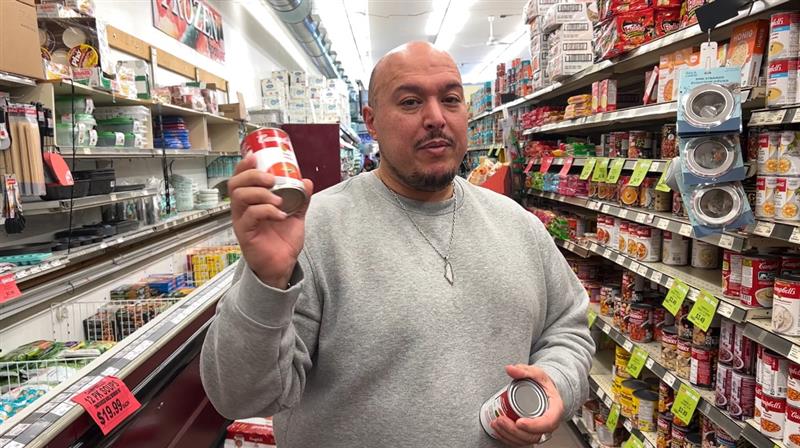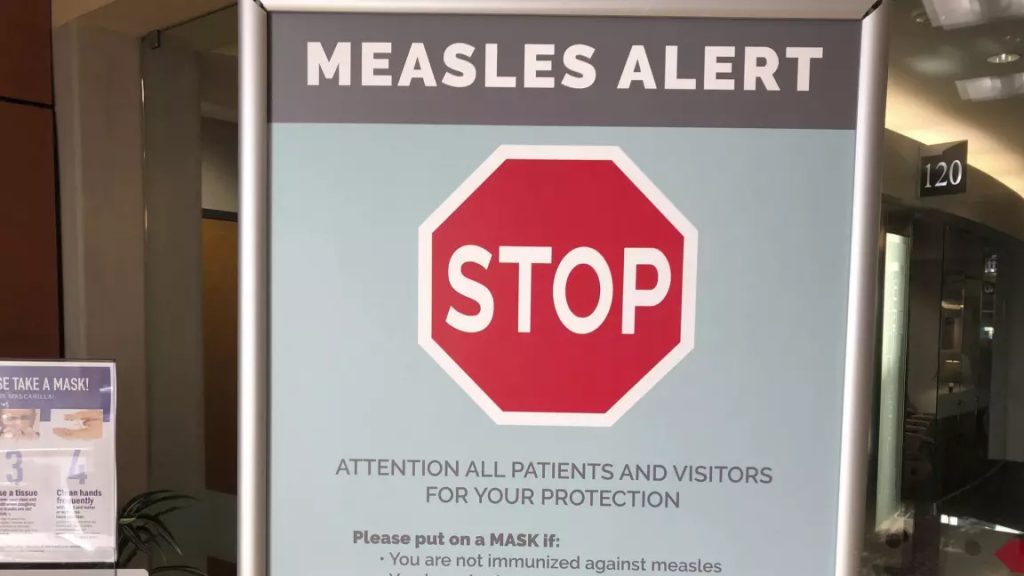Feds in biomanufacturing, life sciences projects at University of Manitoba
Posted May 30, 2024 1:05 pm.
Last Updated May 31, 2024 10:47 am.
The federal government is giving $56 million to the University of Manitoba for new multidisciplinary projects which will help Canada be more prepared for future health emergencies.
The U of M, in partnership with the Universities of Alberta, Saskatchewan, and Calgary will use this funding to conduct vaccine and biomanufacturing research which will help address future pandemic threats. This is the largest federal research investment in the university’s history.
“I know many of you will be participating in this research and the money we are announcing today will be very important to your futures and your careers,” said Terry Duguid, Parliamentary Secretary to the Prime Minister.

Of the funds, $29 million will be used for the construction of two new facilities: the PRAIRIE Biologics Accelerator biosecure facility and the PRAIRIE One Health Emerging Respiratory Disease Centre – which has a target of three to four years before being fully operational.
“This cutting-edge facility, the PRAIRIE Biologics Accelerator, will provide much-needed laboratory space to allow our researchers, to prepare a test and biomanufacturer vaccines for pre-clinical trials and ultimate delivery around the world,” said Dr. Brian Mark, the dean of the faculty of science at the University of Manitoba.
An additional $19 million will be used to enhance research and training capacity for the development and delivery of vaccines for commercial use.

“The research funding that the Government of Canada has provided to us, will really transform Canada’s placement within the world as a leader in vaccine development, research, and manufacturing,” said Dr. Peter Pelka, a professor at the University of Manitoba.
Virologist Dr. Jason Kindrachuk says we have learned that infrastructure like this was much-needed during the COVID-19 pandemic and will be extremely important for future health emergencies.
“For us, this is massively important,” said Dr. Kindrachuk. “We have to appreciate that while COVID has been happening, we have had IMPOX here in the country and obviously globally, we have H5 that has expanded geographically across the world and is a big agricultural consideration for us now, so these threats are not going away.”








